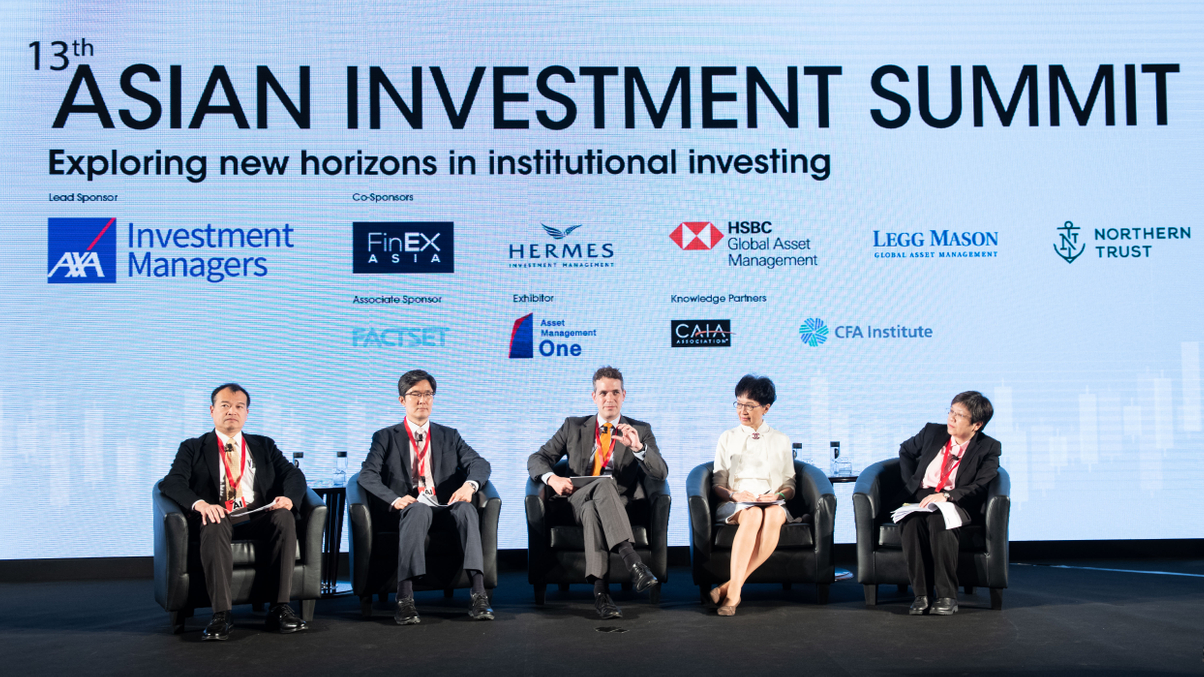Korea’s Poba targets Reits as illiquidity premium fades
Poba had no Reit investments last year but has invested close to $80 million so far this year. The Asian Investment Summit also heard how governance issues are rising up the agenda.

Rising alternative asset prices is spurring demand for more liquid proxy investments such as real estate investment trusts (Reits).
Sign in to read on!
Registered users get 2 free articles in 30 days.
Subscribers have full unlimited access to AsianInvestor
Not signed up? New users get 2 free articles per month, plus a 7-day unlimited free trial.
¬ Haymarket Media Limited. All rights reserved.


